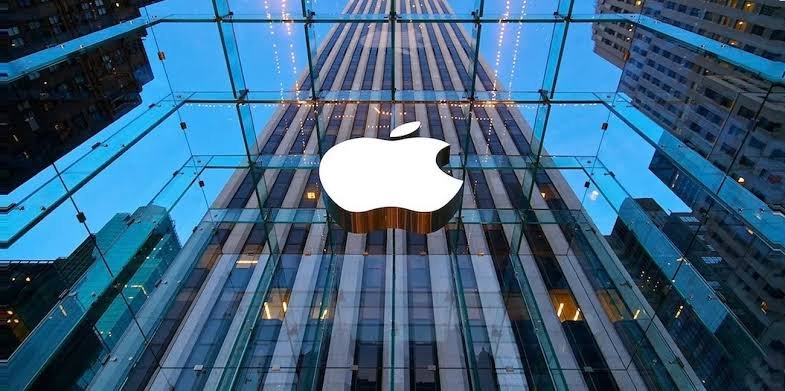US Takes On Apple in Antitrust Lawsuit – On Thursday, the Biden administration initiated the first significant antitrust action against Apple, filing a lawsuit through the U.S. Department of Justice, accusing the company of monopolizing smartphone markets.
This adds Apple to the roster of major tech firms targeted by U.S. regulators, which includes Google, Meta Platforms, and Amazon.com, spanning both the Trump and Biden administrations. “Consumers should not have to pay higher prices because companies violate the antitrust laws,” Attorney General Merrick Garland said in a statement.
“If left unchallenged, Apple will only continue to strengthen its smartphone monopoly.” The Justice Department asserts that Apple leverages its market dominance to extract higher payments from consumers, developers, content creators, artists, publishers, small businesses, and merchants.
People Also Read: Microsoft Hires Inflection Founders to Run New Consumer AI Division
The civil lawsuit contends that Apple unlawfully monopolizes the smartphone market by imposing contractual restrictions on developers and withholding critical access from them. Apple has faced antitrust scrutiny and legal actions in Europe, Japan, and Korea, as well as lawsuits from rivals like Epic Games.
Despite surviving a prolonged legal battle in the U.S. with Epic, where it was determined that Apple did not breach antitrust laws, a federal judge mandated Apple to allow alternative payment methods for in-app purchases. In Europe, Apple’s App Store model has been disrupted by the Digital Markets Act, allowing developers to offer their own stores without paying commissions.
However, critics like Spotify and Epic argue that Apple still hinders the creation of alternative app stores. The focus on Apple’s other practices by the Justice Department stems from rulings on its App Store. This includes complaints from consumer hardware firms like Tile Inc, which claim Apple restricts their access to iPhone sensors while developing competing products.
People Also Read: Apple Settles for $490M in Lawsuit After CEO’s China Comments
Apple’s introduction of AirTags, similar to Tile’s product, sparked further criticism. Additionally, Apple’s control over the iPhone’s contactless payment chip, limiting credit card additions to Apple Pay, and the exclusivity of iMessage to Apple devices have drawn scrutiny. Apple maintains that it limits third-party access to user data and iPhone hardware for privacy and security purposes.




